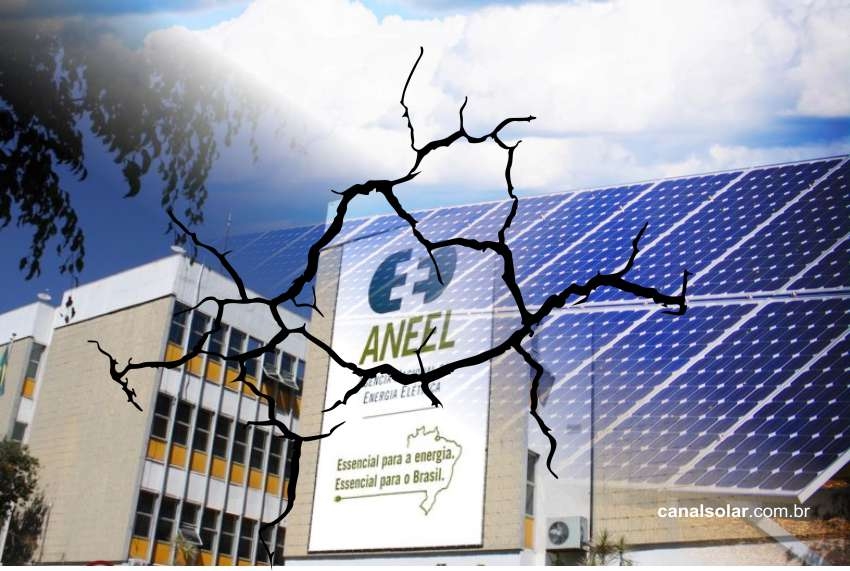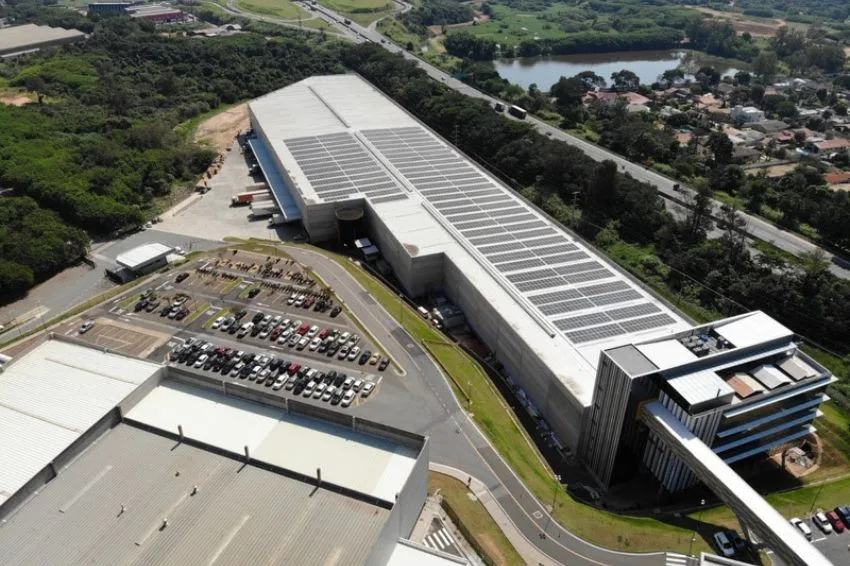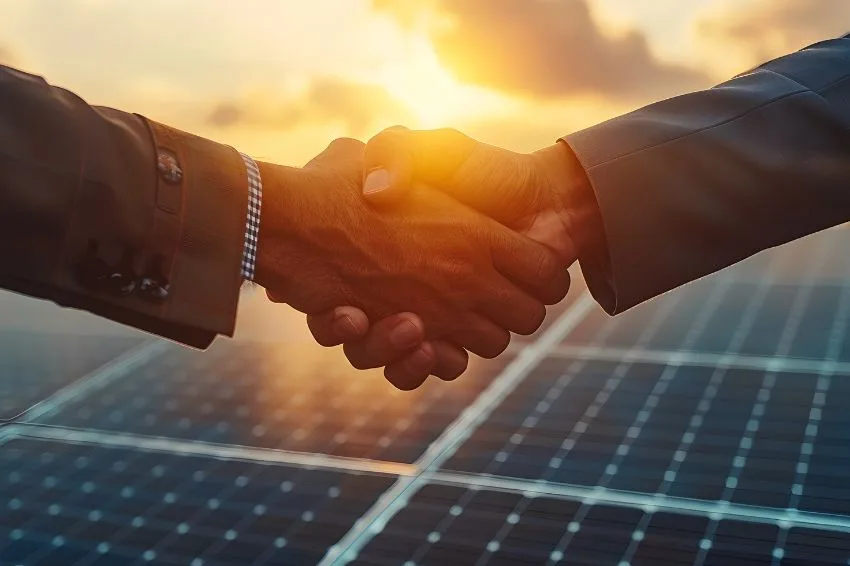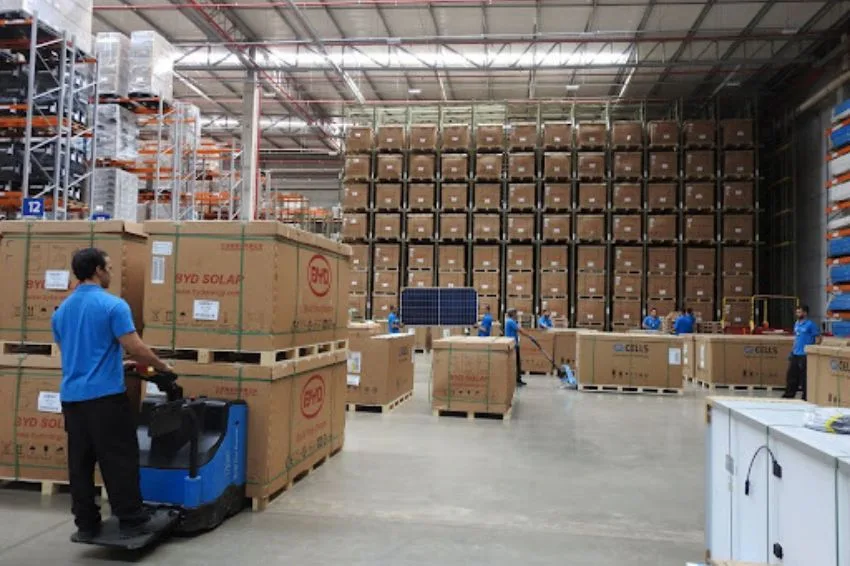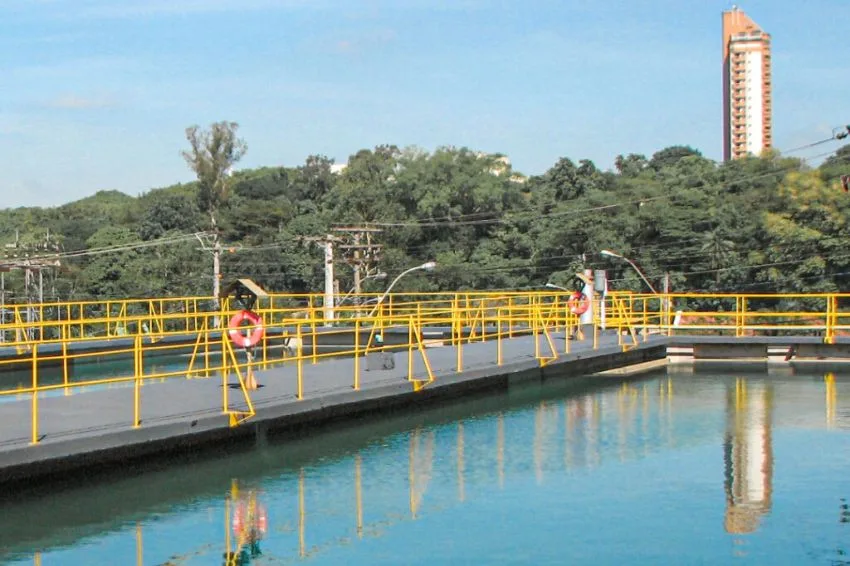ANEEL (National Electric Energy Agency) announced last Tuesday (15), during the 39th Public Board Meeting, a new proposal to amend REN 482 (Normative Resolution no. 482/2012), which determines the rules for distributed micro and mini-generation of electrical energy.
The announcement caused turmoil in the market by adopting an aggressive stance against the Brazilian population, opting for review alternatives that were harmful to the distributed electricity generation market. The decision caused surprise among all agents in the sector, casting doubt on the future of the photovoltaic solar energy sector in Brazil.
ANEEL announcement shakes the photovoltaic energy sector in Brazil. If approved, the agency's proposal could negatively affect the entire distributed generation sector in the country.
The agency, which remained transparent throughout the Regulatory Impact Analysis (AIR 0004/2018) and Public Hearing (AP 01/2019) process that took place in recent months, changed its stance at the meeting on the 15th, imposing a new methodology for analysis, totally different from what had been discussed since the beginning of the year.
In this way, most of the main benefits of distributed generation, such as the postponement of investments in electricity transmission and distribution systems and the relief in networks due to the neighborhood effect, were no longer considered.
With a total lack of transparency, the agency changed its stance and imposed an analysis methodology that harms the Brazilian population with arguments that favor the traditional generation model.
Another controversial point defended by the agency came to light in a document published during the opening of the Public Consultation, in which the agency states that it chose to not considering environmental and social effects (job creation) in the new evaluation model, claiming that these points go beyond the limits of the electricity sector, and these matters should be discussed by the National Congress.
This statement is in contrast to ANEEL's mission, which is to provide favorable conditions for the electricity market to develop with balance between agents and for the benefit of society.
ANEEL turned a blind eye to the environmental and social benefits of solar generation, preferring to defend the interests of the traditional electricity sector.
Based on these arguments, the agency approved the opening of Public Consultation 25/2019, which will continue discussions about the new proposal and Public Hearing 01/2019 that began at the beginning of the year.
In the proposal defended by the body, the generators already connected to the distribution system, both in next-to-load generation model as in remote generation model, must remain in Alternative 0 until 2030. After that date, they would migrate to Alternative 5.
For generation systems next to the load filed after the implementation of the proposed regulatory review, the generators would offset the credits according to Alternative 2 until the 4.7 GW trigger was reached. After the 4.7 GW trigger, which must be proportional to each concession area, all generators connected to the load would migrate to Alternative 5.
For remote generation modalities (remote self-consumption and shared generation), Alternative 0 remains until 2030 for those who already have an access opinion until the date of publication of the regulatory review. For projects built after the review, Alternative 5 would be adopted.
The new proposal contradicts what was previously announced, imposing a transition period of 10 years, instead of the previous 25 years (typical useful life of a photovoltaic system and used in financial viability calculations).
This change negatively impacts generation systems implemented before the possible change to the rule, violating the acquired rights of owners who have already invested in photovoltaic solar energy systems.
To understand in detail the alternatives proposed by ANEEL, read our article Proposals to change RN 482 – Calculation model adopted by ANEEL.
As an argument for the chosen alternatives, ANEEL states that Alternative 5 provides parity with the average cost of energy production from large plants and that Alternative 2 brings parity with the average cost of purchasing energy that concessionaires pay at energy producers.
This measure distorts the relationship of investment power between small and large enterprises, benefiting the traditional model of energy generation to the detriment of small self-producers, individuals or legal entities that wish to generate their own electrical energy.
ANEEL's proposal distorts the power relationship between generation projects, causing harm to individuals and legal entities who wish to generate their own energy in Brazil.
The agency recognizes that remote generation methods will suffer a significant decrease in their attractiveness. The topic's rapporteur, Rodrigo Limp, stated that the agency's studies indicate that the payback average discount for entrants in remote modalities after 2020 would be 26 years, effectively making this energy compensation model unfeasible.
“The attractiveness of remote areas actually decreases significantly compared to local ones, but some projects may be viable due to their production efficiency and location, but when compared to local DG the attractiveness is lower”, acknowledged the rapporteur.
The meeting began the Public Consultation period, in which society will have 45 days to send its contributions to the topic through the ANEEL portal. We hope that this time, at least, the agency's computerized system will not fail when receiving contributions from the population, as occurred and reported by the Solar Channel.


